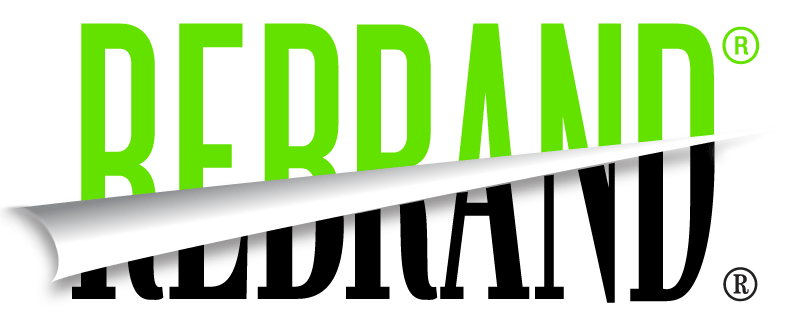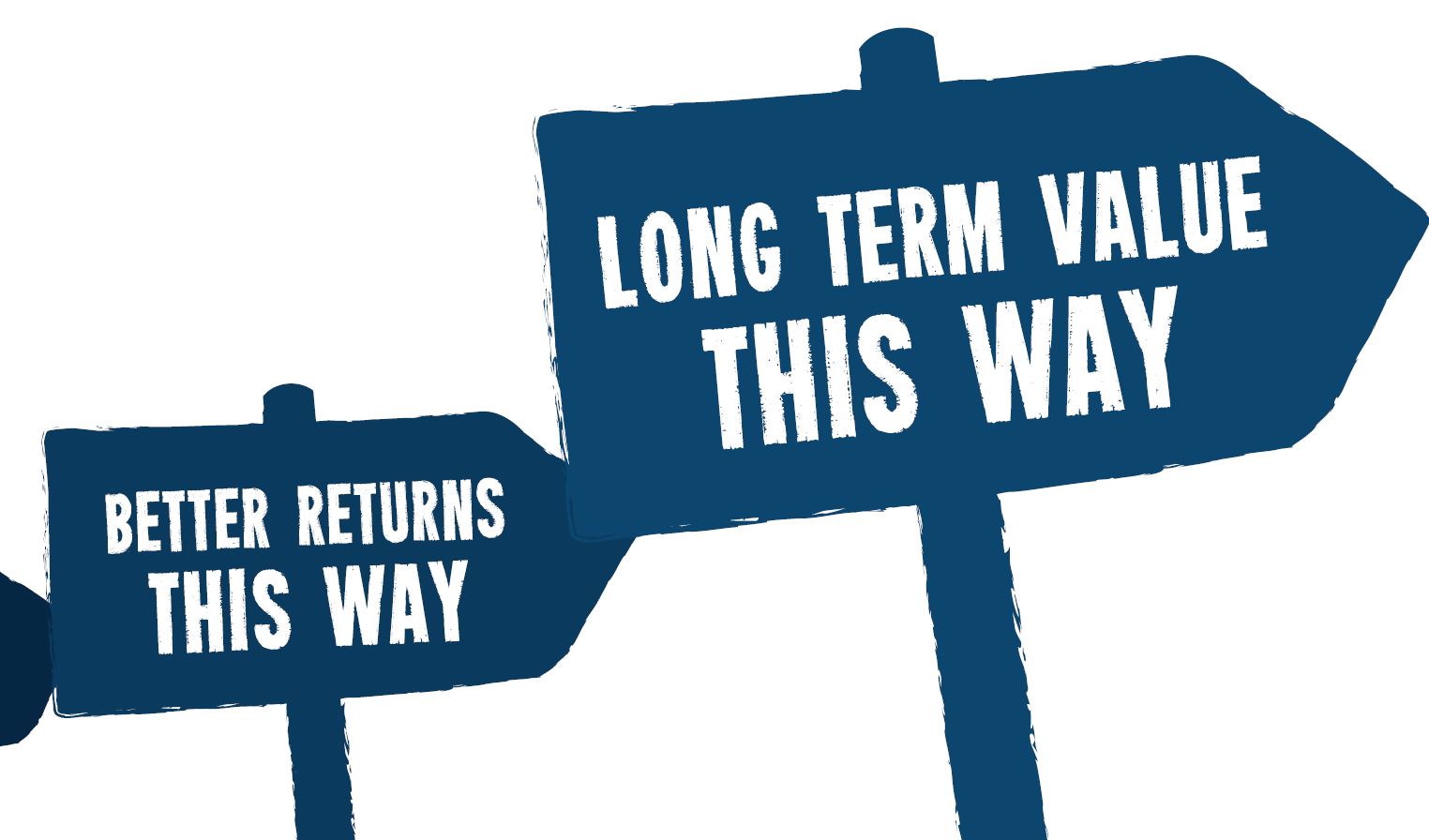 At the 2016 Global Reporting Initiative conference, I much enjoyed moderating a panel on the S-word: sustainability. Prior to this conference session, my blog post Naming, claiming, framing the S-word, generated interesting commentary on social media. This input, great speakers and over 100 sustainability professionals (voluntarily in the room by 7:30 AM), made for an inspiring session.
At the 2016 Global Reporting Initiative conference, I much enjoyed moderating a panel on the S-word: sustainability. Prior to this conference session, my blog post Naming, claiming, framing the S-word, generated interesting commentary on social media. This input, great speakers and over 100 sustainability professionals (voluntarily in the room by 7:30 AM), made for an inspiring session.
Reclaiming agency
 Kicking off the session was Jonathan Wise, who co-founded The Comms Lab to help advertising agencies maximize their positive contribution to the world. Large advertisers like Unilever and Procter & Gamble increasingly integrating sustainability into their brands communications. Yet he felt “Trying to get the advertising industry to talk about sustainability is like getting a turkey to vote for Christmas.”
Kicking off the session was Jonathan Wise, who co-founded The Comms Lab to help advertising agencies maximize their positive contribution to the world. Large advertisers like Unilever and Procter & Gamble increasingly integrating sustainability into their brands communications. Yet he felt “Trying to get the advertising industry to talk about sustainability is like getting a turkey to vote for Christmas.”
He wondered aloud how to progress from using the power of the advertising industry. From using it to get people to buy more stuff to using it to help solve some of the world’s biggest problems. He strongly feels that to encourage organizations, we need to avoid using the word ‘sustainability’. Inside and outside the advertising industry, we need to avoid adding sustainability as a problem, but rather introduce it as a solution to problems organizations already have. For the advertising industry The Comms Lab created a pathway to do just that through Reclaiming Agency. This report redefines the role of the advertising industry, based on interviews with industry leaders.
Rebranding sustainability
 Past COO of outdoor company Timberland, Ken Pucker, agreed that the S-word needs to go as soon as possible. “The word sustainability is about as bad as it gets from a branding perspective.” It really means too many different things to different people, and therefore ultimately becomes meaningless. But he was equally concerned about the lack of integration of sustainability-related functions (like CR, CSR, EHS) into the business. “We’re successful when this all goes away. Sustainability has to be part of everyone’s job, it can’t be confined to the people in the sustainability department.”
Past COO of outdoor company Timberland, Ken Pucker, agreed that the S-word needs to go as soon as possible. “The word sustainability is about as bad as it gets from a branding perspective.” It really means too many different things to different people, and therefore ultimately becomes meaningless. But he was equally concerned about the lack of integration of sustainability-related functions (like CR, CSR, EHS) into the business. “We’re successful when this all goes away. Sustainability has to be part of everyone’s job, it can’t be confined to the people in the sustainability department.”
 Aerospace and defense giant Lockheed Martin‘s Director of Sustainability, Matthew Swibel, spoke in a different voice. He argued that sustainability should be seen as an opportunity by many departments, yet there would still be a need for a sustainability department. He shared that the finance function at Lockheed Martin views sustainability as a business practice that creates better operations and (financial) performance. And HR recognizes it as essential to recruit and retain talent for the company. At the same time, his team has a crucial role to play in creating a sustainability mindset across all functions and divisions of the company. To share knowledge and inspire individuals, teams and the company as a whole to take raise the bar and act. “Sustainability is a values based principle that should guide long-term decisions.”
Aerospace and defense giant Lockheed Martin‘s Director of Sustainability, Matthew Swibel, spoke in a different voice. He argued that sustainability should be seen as an opportunity by many departments, yet there would still be a need for a sustainability department. He shared that the finance function at Lockheed Martin views sustainability as a business practice that creates better operations and (financial) performance. And HR recognizes it as essential to recruit and retain talent for the company. At the same time, his team has a crucial role to play in creating a sustainability mindset across all functions and divisions of the company. To share knowledge and inspire individuals, teams and the company as a whole to take raise the bar and act. “Sustainability is a values based principle that should guide long-term decisions.”
Reframing the S-word for relevance
 The one thing everyone agreed on was the danger of sustainability professionals alienating themselves from the rest of the business. The key things to avoid? Self-righteousness and pretending to have all the answers. As is true for all good communications, it has to be framed in a way that is relevant for the intended audience. Despite the early hour, the audience actively engaged with the panel and each other.
The one thing everyone agreed on was the danger of sustainability professionals alienating themselves from the rest of the business. The key things to avoid? Self-righteousness and pretending to have all the answers. As is true for all good communications, it has to be framed in a way that is relevant for the intended audience. Despite the early hour, the audience actively engaged with the panel and each other.
The final comment came from Rob Cameron, Executive Director of advisory firm SustainAbility. He said: “We all know what the S-word means to us and why we’re so passionate about it. But to achieve a more sustainable world, often we’ll have to frame the intent in different terms, such as purpose.”
 Interestingly, further speakers during the conference did just that. Peter Blom, CEO of sustainable bank Triodos reframed it as “quality of life”. Desmond Swayne, UK’s Minister of State for International Development, was urging us all to refer to the Sustainable Development Goals as the Global Goals. Has the United Nations gone mad to rebrand the Sustainable Development Goals so soon after their launch? Or are the two names simply a case of good communications practice targeting different audiences with different words?
Interestingly, further speakers during the conference did just that. Peter Blom, CEO of sustainable bank Triodos reframed it as “quality of life”. Desmond Swayne, UK’s Minister of State for International Development, was urging us all to refer to the Sustainable Development Goals as the Global Goals. Has the United Nations gone mad to rebrand the Sustainable Development Goals so soon after their launch? Or are the two names simply a case of good communications practice targeting different audiences with different words?
Want to find out more about GRI’s 2016 conference? Check out #GRI2016 on Twitter. And please have a look at the posts with my key takeaways from the event and about the integration of sustainability in education. Interested in reading another post on the S-word session ? Check out Dave Armon‘s post A Case Against the ‘S Word’ on 3BL. He deserves credits for most of the quotes in this post. As the moderator of the panel, I simply had no time to write them all down myself.
Written by Marjolein Baghuis (@mbaghuis) for Change in Context. To read about interesting people, book reviews and other posts about leadership, change and sustainability, please subscribe.

Quin sentit té parlar de “sostenibilitat a les empreses? https://t.co/eHwrApC6CK
Is the S-word #sustainable itself or way overdue for rebranding? https://t.co/qCRXQokjgo #GRI2016 #sustainability
The verdict on the S-word: is #sustainablity overdue for rebranding or just in need of reframing? https://t.co/qCRXQokjgo